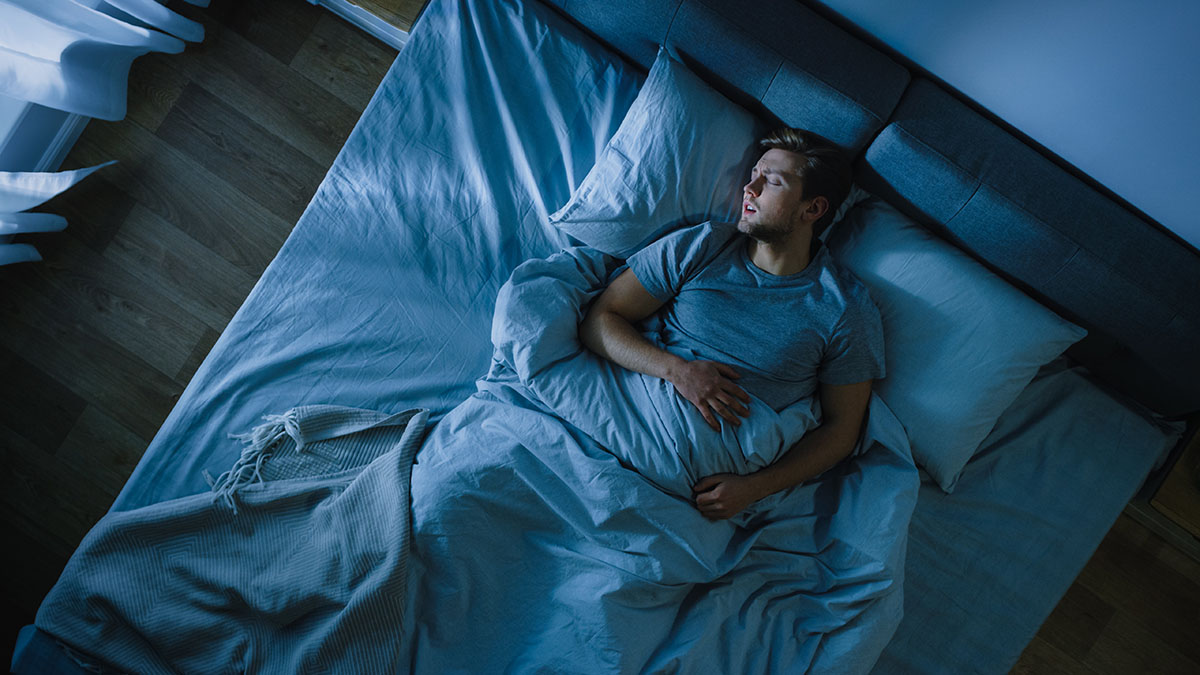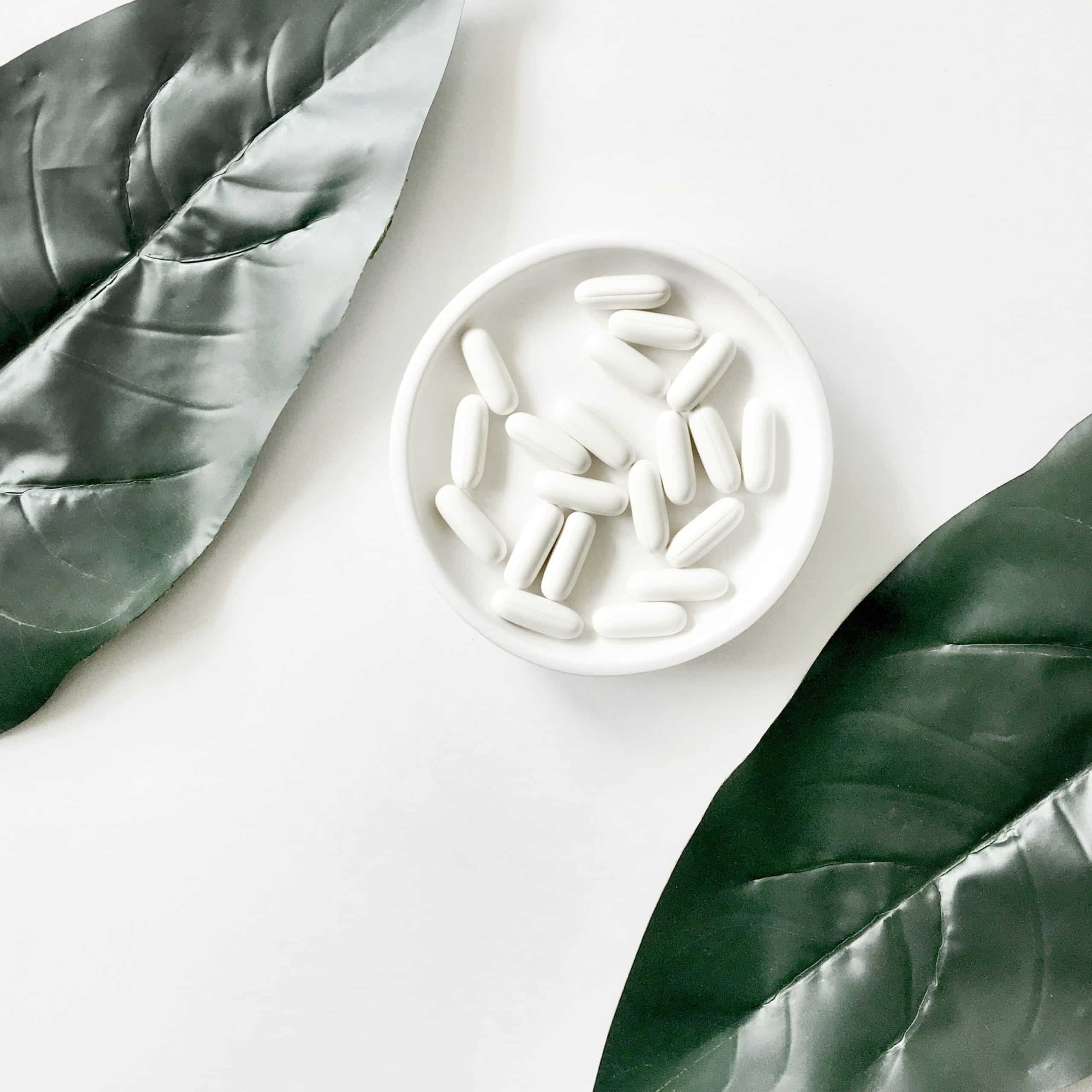DXM is shorthand for the drug dextromethorphan, a cough suppressant found in several over-the-counter cold medications. But while you can buy this medication without a prescription, it’s often misused by teenagers experimenting with substance use and looking for a legal stimulant.
But while medical use of DXM is typically safe, taking the high doses that many people use for recreation can cause serious problems. DXM has a high risk of harmful side effects if used inappropriately, and many people may find themselves addicted.
What Is DXM?
DXM is a cough suppressant found in several medications you may already be aware of. It’s a key active ingredient in over-the-counter medications such as:
- Coricidin
- Delsym
- Robitussin
- Dimetapp
- Theraflu
- Tylenol Cough & Cold
- Vicks Dayquil
- Vicks Nyquil
- Pediacare
- Alka Seltzer Plus
While all of these over-the-counter medications contain DXM, certain varieties of cold medications are specifically targeted for misuse and abuse.
Typically, people seeking to abuse DXM seek out formulations labeled “Extra Strength” or “DM Max,” which have a high concentration of the active ingredient. Medications that contain other active ingredients, such as acetaminophen or guaifenesin, are typically avoided due to the potential side effects that would occur when taken at high doses.
Medical Use of DXM
As an over-the-counter cough remedy, DXM is an effective way of dealing with the symptoms of the common cold or flu. DXM belongs to a class of medications known as antitussives, which work to suppress cough by reducing activity in regions of the brain that cause coughing.
DXM doesn’t help cure your illness, but it helps you manage your symptoms while your body recovers. The typical dosage for treating a cough with DXM is about 15 to 30 mg every three to four hours, with few side effects appearing for most people. The daily limit of DXM, according to most medication packaging, is 120 mg within 24 hours.
How DXM Is Misused to Get High
When people misuse DXM in order to get high, they take massive doses well above the recommended daily limit.
Typical recreational doses of DXM range from 250 mg to 1,500 mg, according to the Drug Enforcement Administration — which could amount to an entire bottle of extra-strength cough syrup.
People who use DXM recreationally often refer to this as “robotripping,” “skittling,” or “dexing.” The drug itself is often referred to as Triple C, Dex, or Poor Man’s PCP.
At high doses, DXM can cause a number of adverse effects, including:
- Delusions
- Dissociation
- Paranoia
- Visual hallucinations
- Euphoria
- Cognitive impairments
- Mild stimulation
- Nausea
- Vomiting
While individuals who recreationally use DXM may be seeking a high similar to the effects of LSD, the effects of DXM more closely parallel the para-psychotic symptoms of PCP.
The combination of powerful delusions, paranoia, and hallucinations can cause people to behave unpredictably, often leading them to experience psychotic episodes, act impulsively, or inadvertently put themselves in dangerous situations.
Signs and Symptoms of DXM Abuse
Spotting the signs of DXM abuse isn’t always straightforward. People who abuse drugs or alcohol may go to great lengths to hide the extent of their substance use. They may rationalize or explain their behaviors in ways that they hope will vindicate them.
But there are certain signs that are indicative of DXM use and abuse that can be spotted by an outside observer, including:
- Lack of coordination
- Inappropriate laughter or confusion
- Agitation
- Paranoia
- Empty bottles of cough syrup
- Empty packets of cough medication
Furthermore, people who abuse DXM may feel hungover or delirious in the days after their substance use.
For people who fear their DXM use has turned into a DXM addiction, the symptoms that may indicate a substance use disorder are typically internal. Substance use disorders of all types have a similar pattern of symptoms, including:
- Loss of interest in hobbies or activities outside of substance use
- Invasive substance use cravings
- Problems at work, home, or school due to substance use
- Using more than intended or for longer than intended
- Continued substance use despite social consequences caused by substance use
Importantly, none of the symptoms of a substance use disorder rely upon how frequently you use substances, the dose you take, or how long you’ve used those substances. Addiction is when people continue to use their substance of choice despite mounting consequences.
DXM Use Trends
Trends in over-the-counter substance misuse are often less well-studied than prescription or illicit drug use. However, some data can shed light on the prevalence of DXM abuse.
A recent analysis reported that DXM abuse peaked around 2006 and has generally been in decline since. This data specifically reported on calls to poison control centers, which are generally only called in the case of overdose.
In 2006, 143.8 calls per million people were made to poison control reporting a DXM overdose. By 2015, that number had dropped to 80.9 calls per million.
This analysis provides another key insight into DXM use: the vast majority of cases were for adolescents between the ages of 14 and 17 years old. This age tends to be when teenagers begin to experiment with substance use, and over-the-counter medications are often more accessible than illicit drugs, prescription medications, or even alcohol.
Data from emergency departments suggest a much higher rate of DXM abuse. According to one study, approximately 6,000 emergency department visits each year are attributed to DXM use, and roughly half of those visits are for people between the ages of 12 and 20.
DXM Overdose
As seen from poison control and emergency department visits, DXM use often results in a drug overdose that requires medical intervention. The effects of DXM overdose are varied and include:
- Respiratory problems such as slowed breathing or stopped breathing
- Cardiovascular problems such as hypertension and tachycardia
- Neurological problems such as seizures, coma, hallucinations, and agitation
If you or a loved one are experiencing the signs of DXM overdose, call 911 immediately. When it is left untreated, DXM overdose can be fatal, but emergency medical services can typically prevent fatal outcomes through targeted medical intervention.
Treatment Options for DXM Addiction
DXM addiction is a serious mental health challenge. People addicted to DXM may not be able to cut down or stop their drug use on their own. Thankfully, there are evidence-based treatment methods that can help people break free from their addiction and achieve a lasting recovery.
At Lakeview Health, our comprehensive addiction and mental health treatment center uses a variety of evidence-based treatments and therapies to help people overcome their addiction and learn the tools of sobriety. Some of the treatment options that are incredibly effective for treating DXM addiction include:
- Individual therapy
- Group therapy
- Motivational interviewing
- Relapse prevention programs
- Cognitive behavioral therapy
- Family therapy
- Trauma-informed therapy
All of these treatments work together to treat both the symptoms of addiction as well as any underlying mental health concerns that may be contributing to your substance use. Addiction never occurs in a vacuum, and most people will need help in several different areas in order to develop a plan for recovery that can succeed for years to come.
At Lakeview Health, our programs for addiction treatment are designed to treat the whole person — not just substance use in isolation. This model of holistic treatment can help you not only break free from addiction but build a life worth living in recovery. With multiple treatment options to choose from, you can find the level of care that best suits your needs.
Reach out to our team today to start an over-the-counter drug addiction treatment program that can help you make the change you need to succeed. Recovery isn’t always easy, but it is always worth the effort.




